No grades for Nicolai: muting grades shifts the focus to improvement and interests
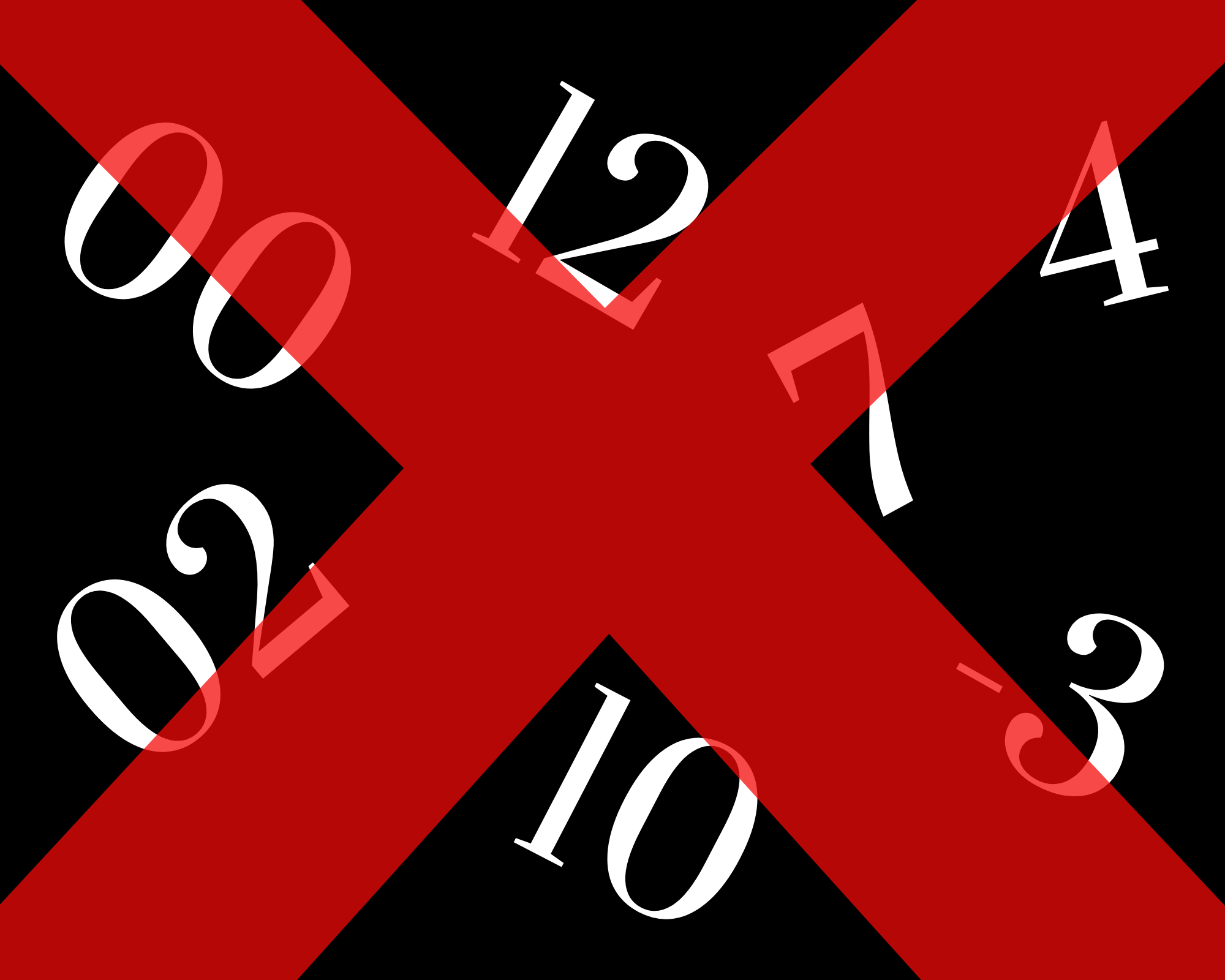
In high school, Nicolai was extremely focused on his grades and getting the best Grade Point Average. This led to constant pressure and stress. When starting at CBS, he made the unusual choice of not looking at his grades anymore. Instead, he is set on focusing on improvement while studying.
Nicolai Lindhage Jacobsen is a sixth-semester BSc student of Business Administration and Project Management (bachelor i erhvervsøkonomi og projektledelse). Before entering CBS, he decided that grades are not the right tool for students to assess their performance. As he says, often in high school, grades were all he remembered from teachers’ assessments of his work. Therefore, for the past three years, Nicolai has ignored his grades.
“I received grades in high school from beginning to end. But I had a really intense obsession with grades,” says Nicolai Lindhage Jacobsen, explaining that improving his well-being and self-development were among the reasons for his decision. He wanted to look past his grades and what comes with the system – stress, pressure and constant comparison to other students. He decided to shift his mindset and pay more attention to the feedback he was receiving from professors – apart from knowing whether he passed or failed. He explains that the decision turned his attention toward his progress through the education process: “I can also focus more on myself, not compare myself to other students depending on their grades. Three years have gone by of not seeing my grades and I don’t have that kind of pressure you always have before an exam and the external pressure.”

Nicolai Lindhage Jacobsen, Photo: private.
Nicolai Lindhage Jacobsen also points to social media as the source of pressure related to grades. Seeing people posting only their achievements and their high grades causes others to be caught up in what he calls ‘the performing society’. “When looking at social media, we do not know people’s stories, but we keep comparing ourselves to them,” he says.
No grades, just feedback
He does not check his grades in the Online Student Service, and after oral exams, he communicates his decision to the examiners: “When I come into the room again and they’re going to evaluate me, I just tell them straight up that I don’t want to know my grade, so if they could just let me know if I passed or not, that’ll be great,” says Nicolai Lindhage Jacobsen.
This stance usually leads to a discussion during which Nicolai Lindhage Jacobsen has to explain his point of view. Many times, he has encountered examiners who were surprised by his request and confused as to why he does not want to hear his grade. They try to convince him that if his result is way above the passing criterion, he should be informed of his grade.
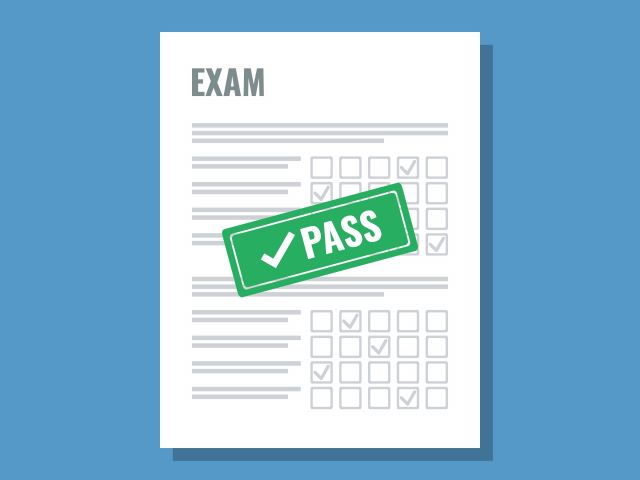
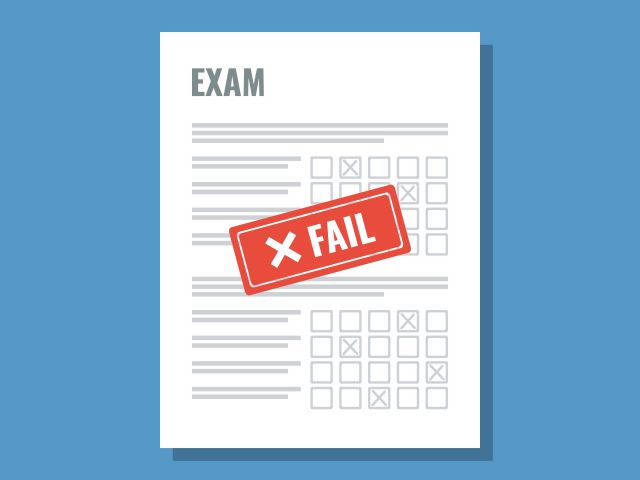
When it comes to written exams, Nicolai’s girlfriend checks the grades and lets him know whether he passed or not. He receives feedback usually when it was planned on the course, and a few times he has been able to request feedback on written exams. Most of the time, professors have assumed that his request for feedback was because he did not agree with the grade.
One mindset
According to Nicolai Lindhage Jacobsen, this discussion with examiners usually stems from the misconception that only students who do poorly in exams would rather not know their grades. He has noticed the same approach among his classmates: “Most of my fellow students have the same mindset as the teachers, thinking that I don’t want to know my grades because I’m a poor student or I’m just doing the bare minimum to survive all the courses delivered by CBS.” Nicolai explains this mindset that everyone seems to be led by: “It’s sort of this capitalistic mindset that everybody has, that the better grades you have, the better student you are. But you have also got to be a student who is able to evolve and learn.”
I can also focus more on myself, not compare myself to other students depending on their grades. Three years have gone by of not seeing my grades, and I don’t have that kind of pressure you always have before an exam and the external pressure.
Nicolai Lindhage Jacobsen
Moreover, because grades are not on his mind, he does not choose his courses based on the level of difficulty so that he can have a better GPA. Instead, he chooses according to his interests. “If I focused on grades, I would look at courses differently. I would try and take some courses which are strategically easier to get good grades in rather than taking something I like to do. I’ve taken summer courses where I know I might not get a good grade if I saw my grades, but I’m very interested in this course and I was not afraid to take that course,” says Nicolai Lindhage Jacobsen.
Motivation to improve
Some students may be motivated by their grades and the determination to get a high score is something that pushes them forward. However, without being aware of grades, Nicolai Lindhage Jacobsen is driven by self-development and being honest with himself.
For that reason, he values feedback. “I can focus more on myself because I can look at the feedback that is specifically designed for me in that exam,” says Nicolai Lindhage Jacobsen. Another motivation is his mental health, which has improved since he stopped focusing on grades, as that decision has relieved the pressure and stress.
The inevitable necessity of grades
In many cases, grades are still important, and Nicolai Lindhage Jacobsen can see some downsides to his decision. For instance, some employers require grades in the application process. When, during interviews, companies want to ask about his performance at university, he must communicate to the interviewers that he does not, in fact, know his grades, which often causes them to distance themselves. However, Nicolai Lindhage Jacobsen sees a shift in potential employers towards placing less emphasis on candidates’ grades in the recruitment process.
Among the drawbacks, applications for MSc programmes also include grades and specific requirements. Nicolai decided to apply for MSc programmes this autumn but only for programmes that he would genuinely want without paying attention to the grade criteria. He still sees some disadvantages associated with his decision: “it is hard to navigate this environment that is built around grades. You must always be aware of how you can get around things without even knowing your grades.”
Choose your approach to grades
CBS has already been experimenting with not giving out grades. The BSc in Business Administration and Psychology ran a pilot test for two semesters where students were only graded ‘pass’ or ‘fail’. This gradeless teaching proved that students feel more relieved though at the same time anxious about the future when the grades are reintroduced during the third semester.
According to CBS Legal, no specific CBS policy states that examiners are required to tell students their grades if the student explicitly asks them not to.
Nevertheless, Nicolai Lindhage Jacobsen does not know of any other students with the same approach. He thinks it should be optional for students to see their grades. He feels that this decision has enriched his university experience: “I feel like my time at CBS is focused on learning and performance rather than negative side effects of comparing myself to others. My focus has shifted.”



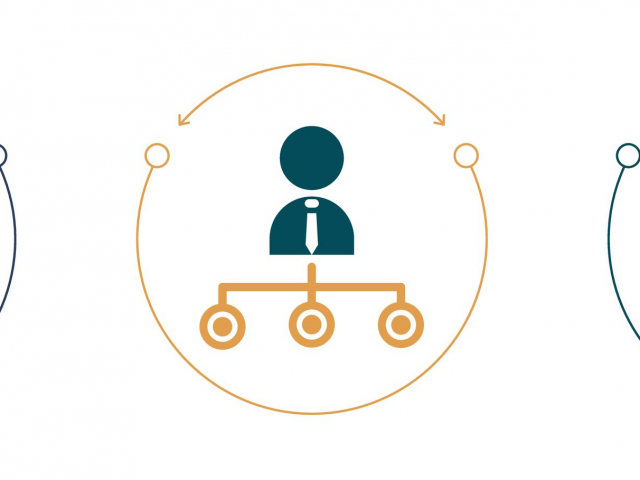
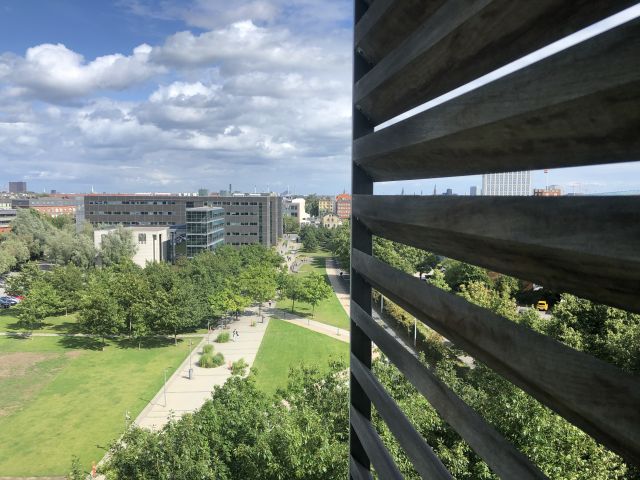





























































































































Comments